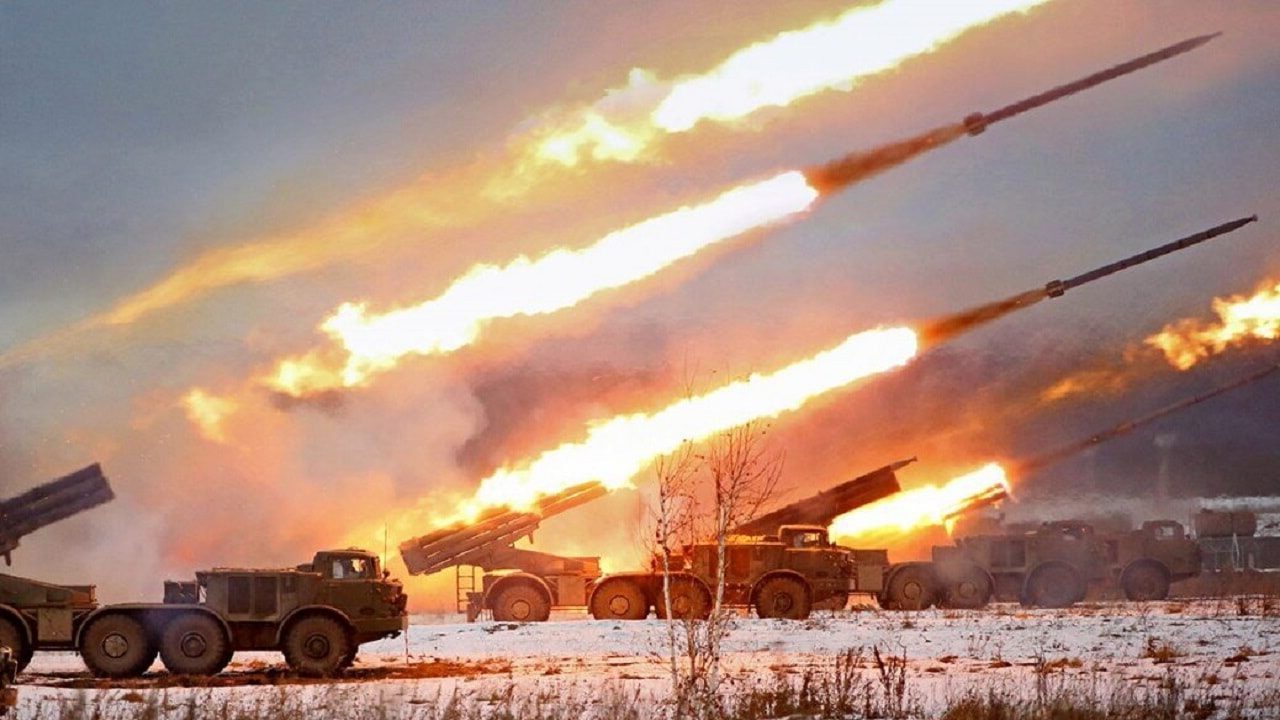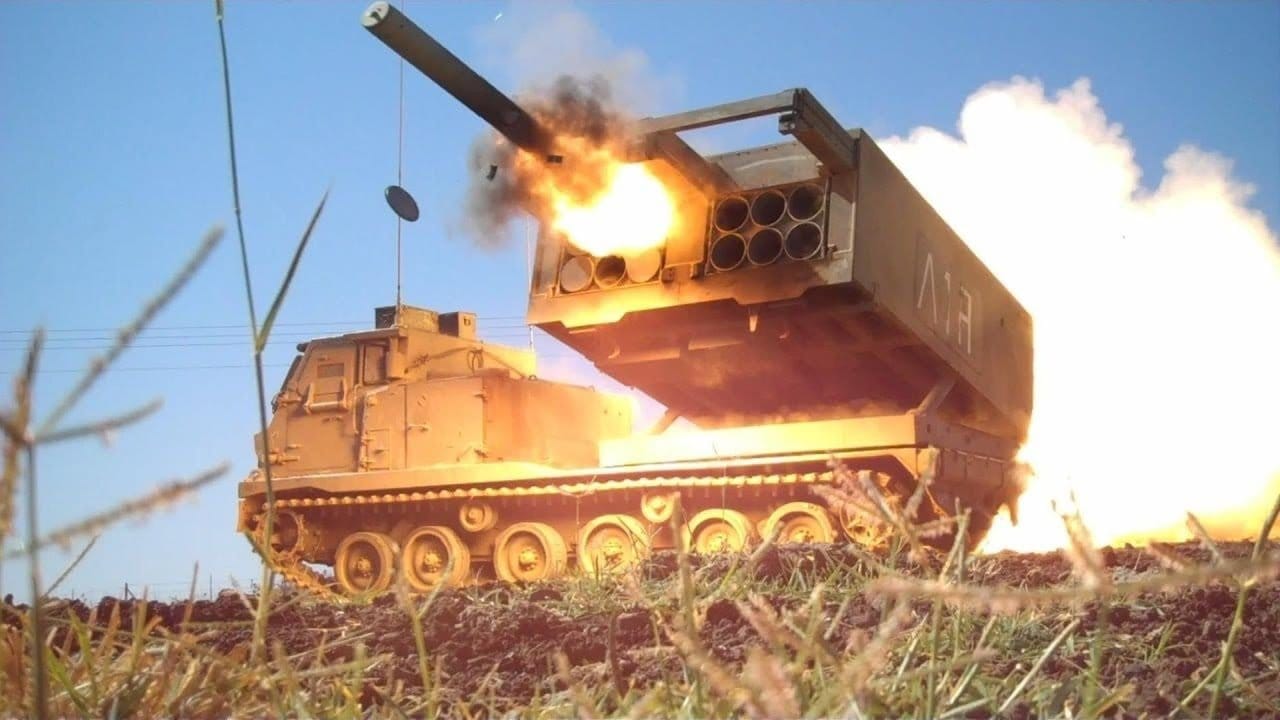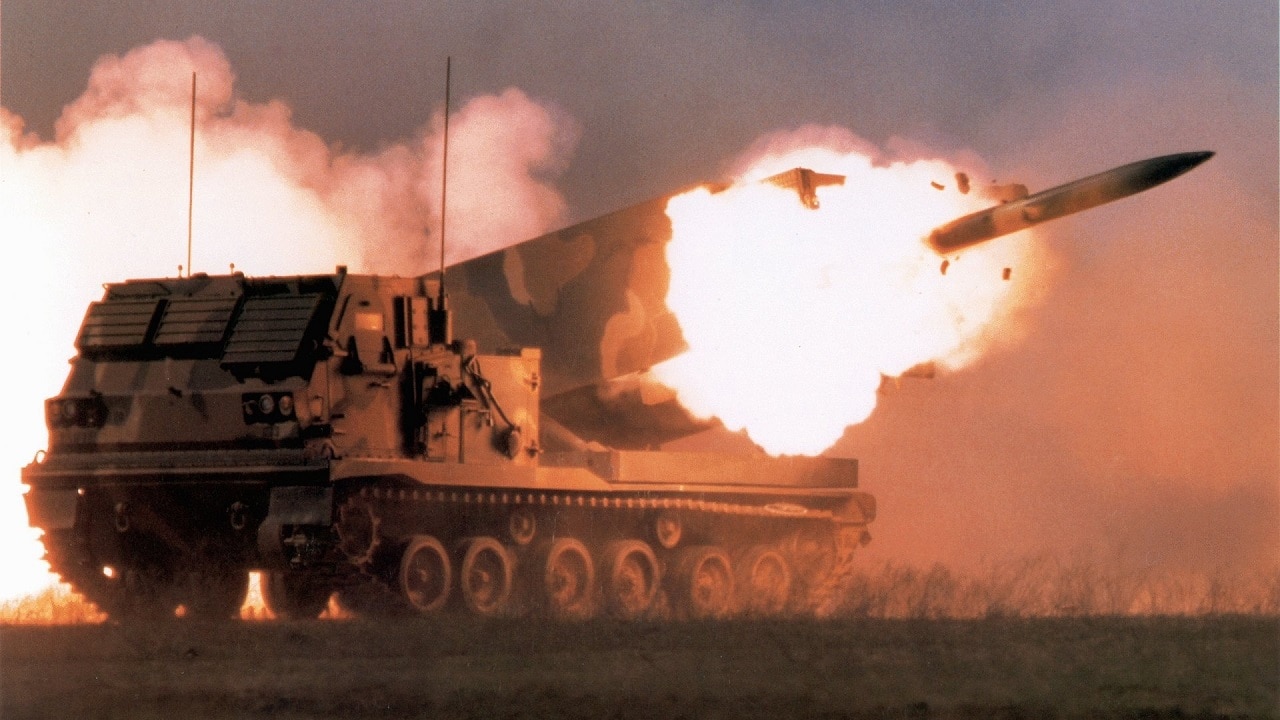René Obermann, a leading German military industrialist, has stated that he sees “strong indications” that an emboldened Russian President Vladimir Putin is mobilizing forces to attack NATO.
Obermann, who is the chairman of the European aerospace and defense consortium, Airbus, made his comments during an interview with the influential German business daily, Handlesblatt.
“There are strong indications that Russia is preparing an attack on NATO’s eastern flank,” Obermann told the publication on Monday, 24 March.
His concern, and that of others, is that Putin realizes that time is not his side.
Therefore, he is not inclined to wait around and give Europe a sufficient number of months or years to surge its defence production capacity.
The European nations aim to re-arm themselves to the point where the aggregate capacity of their sovereign defense establishments will create a credible level of deterrence and dissuade Russia from mounting an attack on a NATO country.
However, it could take 2-4 years to make any progress towards this objective.
Putin’s Economic Dilemma Might Mean War Beyond Ukraine
Putin, a former Russian KGB Lt. Col. who spent his unimpressive Cold War “career” in a low-priority backwater of the former communist East German Democratic Republic (GDR), nonetheless has a reputation for always looking for and exploiting any vulnerabilities of his adversaries.
Obermann believes the Russian dictator sees weakness in the US-Europe alliance and that the current situation in Europe presents a window of opportunity.
“Putin sees NATO as increasingly weakened, because Trump’s solidarity with Europe is shaky, to put it politely,” he said.
Obermann points out that the Russian leader has transformed the nation into one that is now running a full-time war economy.
This has created a precarious balance in which the Russian Central Bank is trying to hold the line on inflation and to keep the value of the Russian rouble, the national currency, from going into freefall.
But the costs of doing so are crushing interest rates – 21 percent or higher. This has the effect of threatening Russia’s long-term capability to keep its defense industrial sector functioning.
Long-time Putin ally and the head of the Rostec national defense conglomerate Sergei Chemezov had declared in public forums in Russia in late 2024 that “taking loans at such an interest rate means we will go bankrupt in a short period of time and will again come to the government with an outstretched hand and say, give us money to save our production.”
Simultaneously, Putin has put Russia on a path that is economically unsustainable by now expending 10 percent of the country’s GDP on the war in Ukraine.
This is five times the minimum rate of 2 percent GDP that NATO is asking its member nations on defense outlays.
Putin also intends to mobilize 180,000 more Russian troops to create a military with 1.5 million under arms.
This would make Moscow’s military the second-largest in the world after the People’s Liberation Army (PLA) of China, which has a total force level of 2 million.
In the end, Putin must make a move soon before the house of cards, which is his financial situation, collapses.
The Strategic Gap
Obermann predicts that Putin’s move will be to attack through the strategically important Suwałki Gap that connects the Russian enclave of Kaliningrad to the former Soviet Republic of Belarus.
This nation is almost entirely under Russian control, and its president-for-life, Aleksandr Lukashenko, is a loyal ally of Putin.
Given the tensions between the US and its European allies, Moscow may decide that there is a chance to grab this land bridge and end the geographic isolation of Kaliningrad.
That would violate the sovereignty of Estonia, Lithuania and Poland, which are all members of NATO.
If NATO did not respond to a Russian incursion of this nature, Putin could destroy what is left of the credibility of the NATO alliance – proving that the Article 5 declaration that an attack on one member is an attack on all is a paper tiger.

Russian MLRS firing. Image Credit: Creative Commons.
Obermann and others assess that with his nation now on a wartime footing and having expended so much blood and treasure on this war, Putin would put his credibility with his people at risk were he to bring the war to a close.
While Russia is still at war, they need Putin as their leader and feel a sense of destiny. But make peace with the US and NATO, and the end result could be an internal rebellion back home in Moscow.
These internal dynamics are “reminiscent of the events leading up to the Ukraine invasion. Furthermore, the internal pressure [inside Russia] to deliver new victories through military conquest likely will grow,” he said.
The Airbus chairman suspects that the rationale and game plan for Putin to take the Suwalki Gap will be a carbon copy of the March 2014 invasion of Crimea.
Like the Ukraine peninsula, this would mean creating a contiguous land corridor to an enclave largely populated by ethnic Russians.
Kaliningrad has been cut off from mainland Russia since the collapse of the USSR.

MLRS rocket system. Image Credit: Creative Commons.
The European continent needs to re-arm and re-build its militaries, he concluded, given the increasing speculation that the United States will not – or will be unable to – honor the obligations under the NATO Article 5 clause.
Along the same lines, Obermann has called for expediting and taking a pragmatic approach to national defense. Despite other nations discussing cancelling their planned procurement of the Lockheed Martin F-35 stealth fighter, he recommends carrying through with the purchase, due to the need for the advanced on-board systems and the jet’s nuclear delivery capability.
About the Author: Reuben F. Johnson
Reuben F. Johnson is a survivor of the February 2022 Russian invasion of Ukraine and is now an Expert on Foreign Military Affairs with the Fundacja im. Kazimierza Pułaskiego in Warsaw. He has been a consultant to the Pentagon, several NATO governments and the Australian government in the fields of defense technology and weapon systems design. Over the past 30 years he has resided in and reported from Russia, Ukraine, Poland, Brazil, the People’s Republic of China and Australia.

